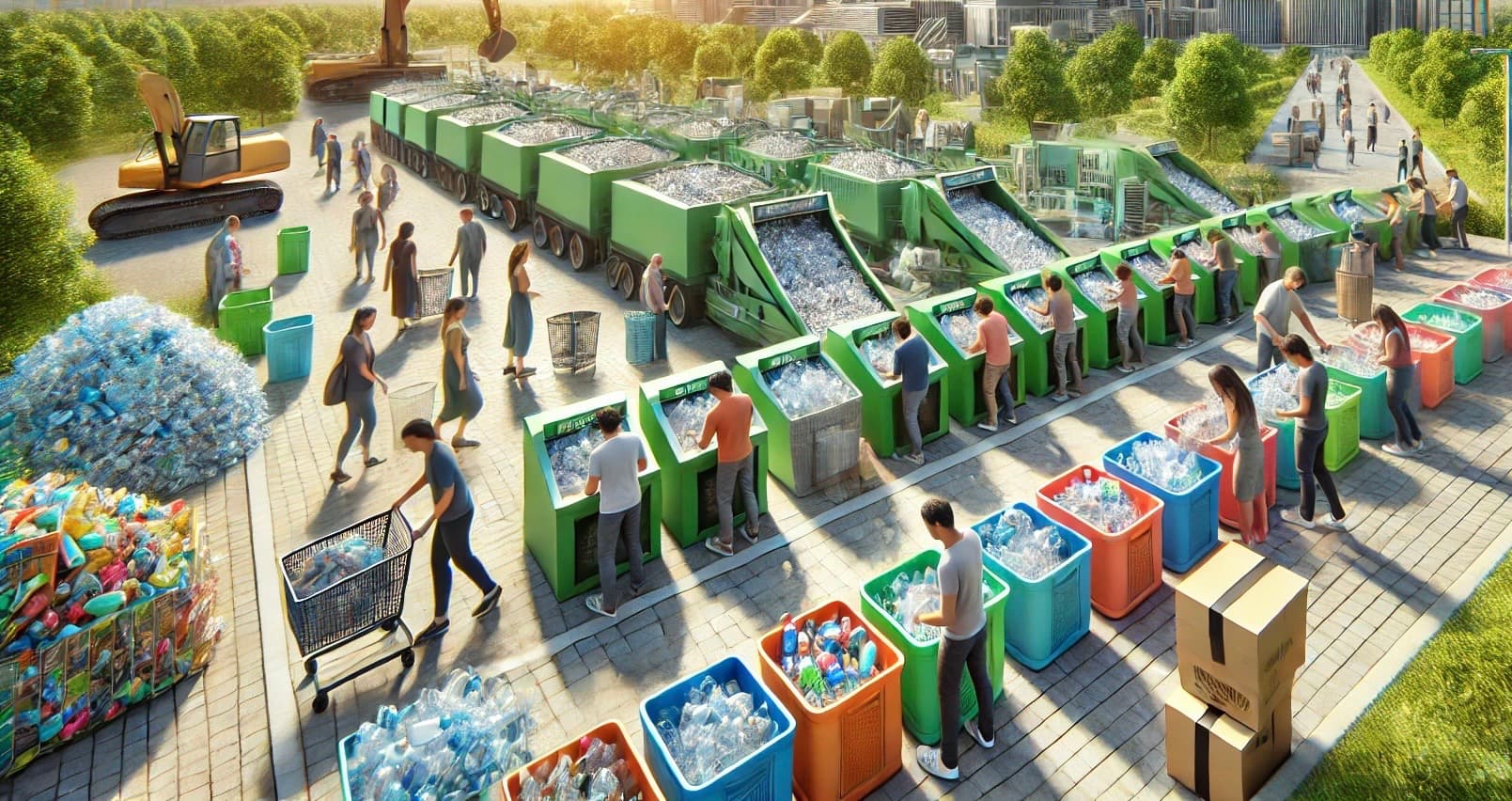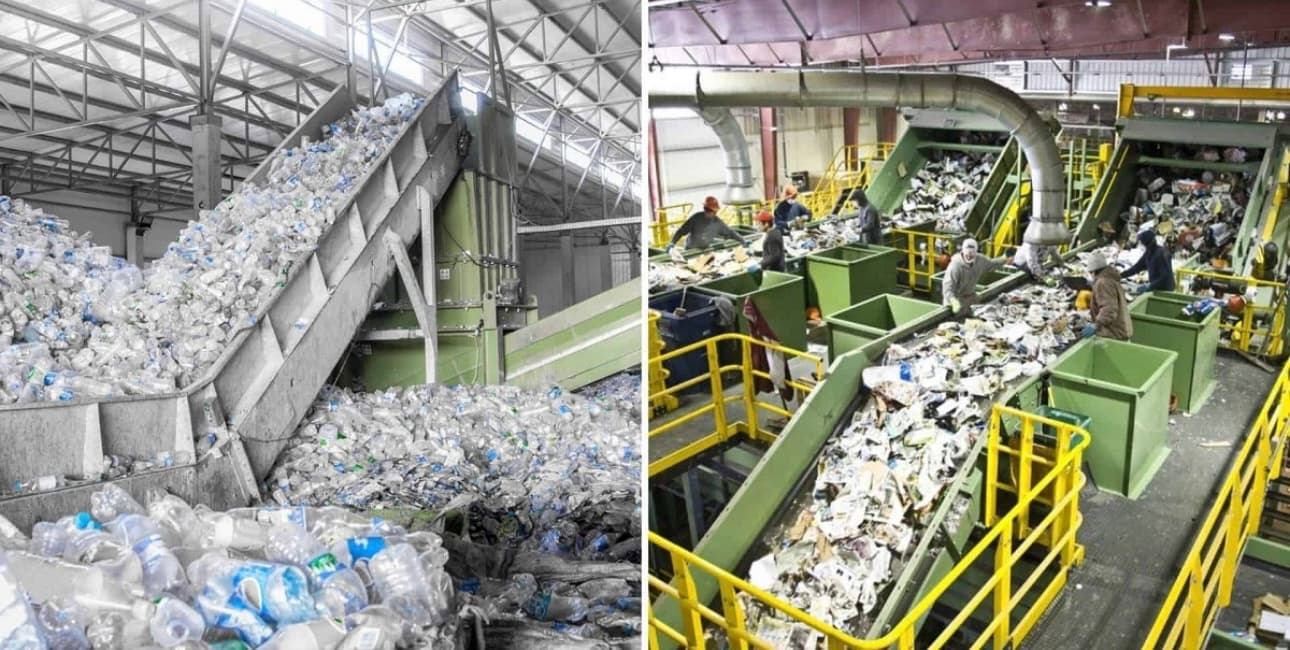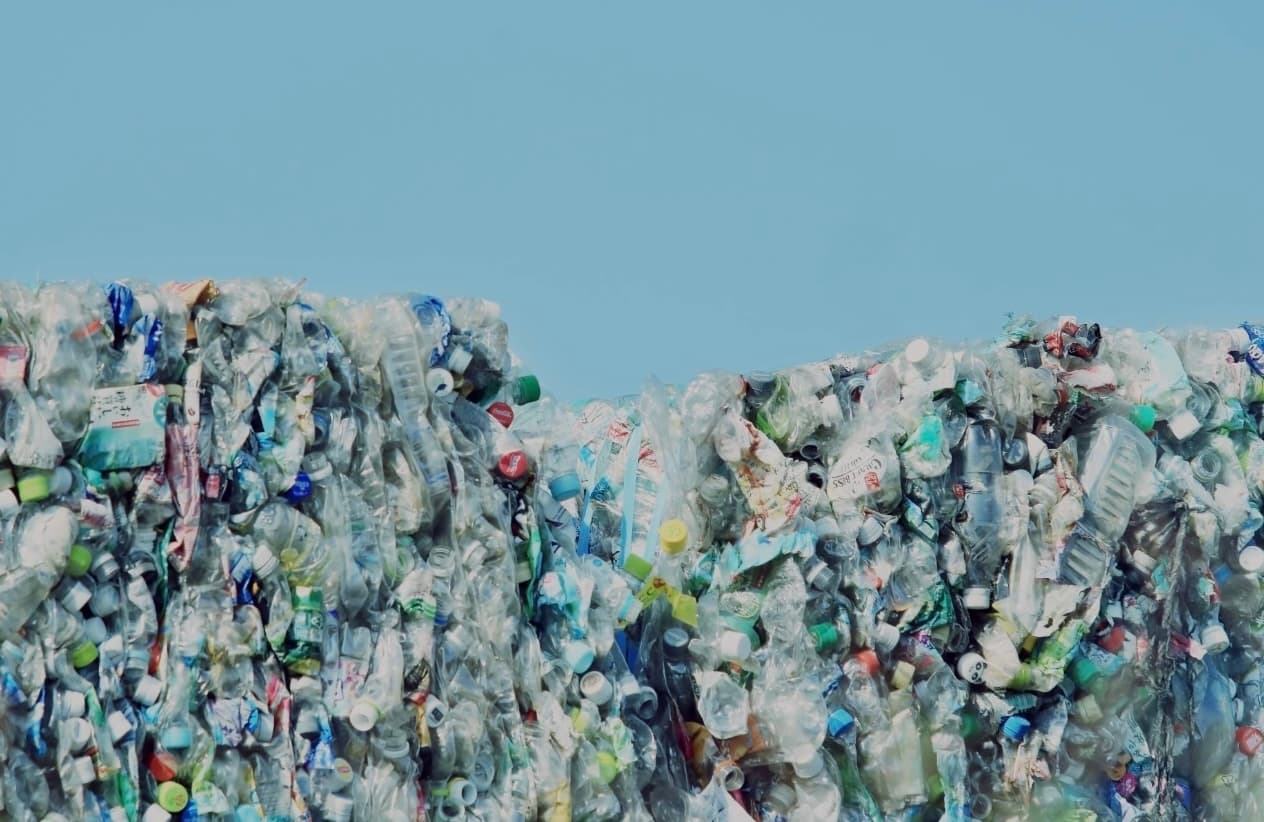A new proposal on plastic waste has been Introduced
2025-01-10 09:00:00 / News

Implementation Mechanism
The proposed new system is expected to be implemented starting in 2026. Under this system, manufacturers and importers of plastic products, or companies specializing in recycling, will be responsible for the collection, sorting, and recycling of plastic waste.
Reverse vending machines (RVM) are proposed to be installed in major retail outlets, supermarkets, hypermarkets, and markets.
A system of gradually expanding obligations for manufacturers, enterprises, and importers of plastic products will also be introduced.
For instance, a soft drink manufacturer will be required to recycle 50% of its plastic packaging by 2026, 75% by 2027, and 100% by 2028.
International Experience
On March 2, 2022, the United Nations adopted a resolution aimed at reducing plastic pollution and protecting marine environments and ecosystems. The key principles of this resolution include reducing plastic use, implementing the "polluter pays" principle, and transitioning to a circular economy that emphasizes recycling and reuse.
According to the Basel, Rotterdam, and Stockholm Conventions, as well as research and recommendations from the Center for Sustainable Development, manufacturers and importers are encouraged to adopt the "extended producer responsibility" system in managing plastic waste.
In accordance with the European Union Directives "On Waste" and "On Packaging and Packaging Waste", the EU has implemented the principle of extended producer responsibility. This principle places obligations on manufacturers to collect, process, and dispose of waste from their products, ensuring that they take responsibility for their environmental impact. The use of non-toxic packaging materials is also encouraged. This system has been successfully implemented in most EU countries as well as in several CIS countries (Russia, Belarus, and Kazakhstan).
Expected Outcomes
Implementing this system is expected to significantly increase the collection and reuse of secondary material resources, enabling the recycling of 1.2 million tons of plastic waste annually.
Other benefits include:
Reducing the volume of waste sent to landfills and extending the lifespan of landfill sites.
Developing accurate statistical data on waste generation, disposal, and recycling.
Cutting greenhouse gas (CO2) emissions by up to 75% through the complete recycling of plastic products.
The primary goal is to create favorable conditions for local and foreign investors in waste recycling and to expand the development of new waste disposal and recycling facilities. Additionally, the negative impact of plastic waste on human health and the environment will be mitigated. This includes reducing incidences of upper respiratory tract diseases, nervous system disorders, cardiovascular diseases, and allergic conditions.
It is worth noting that the draft of the Presidential Decree has been submitted for public discussion on the National Strategy "Uzbekistan-2030" internet portal. The project will remain open for public and expert discussion until January 22, 2025. You are encouraged to take an active part by submitting your suggestions and comments through the online portal uzbekistan2030.uz or the Telegram bot @Ekologiya_yili_bot.
For information: The draft of the Presidential Decree is available in Uzbek and Russian languages.


